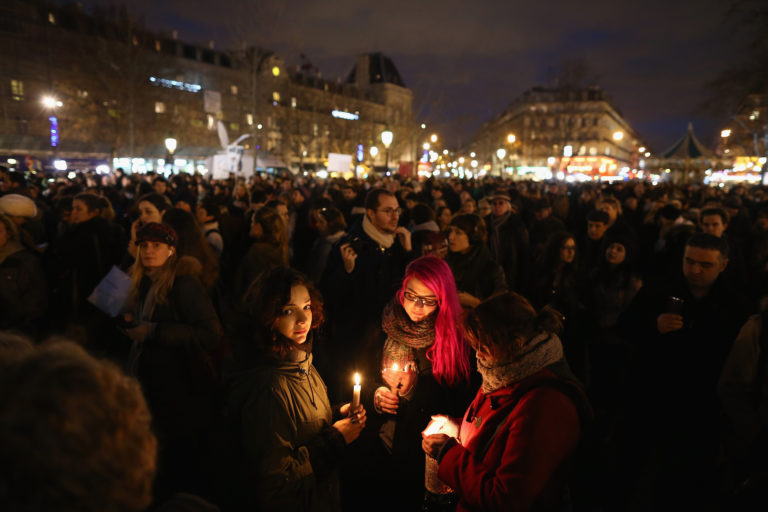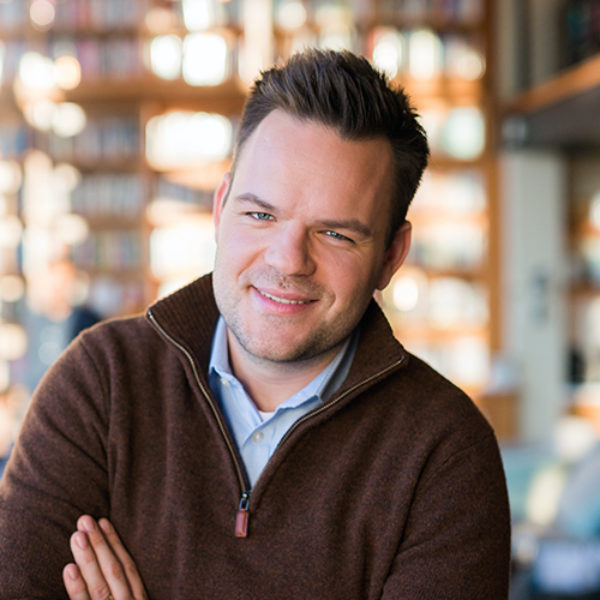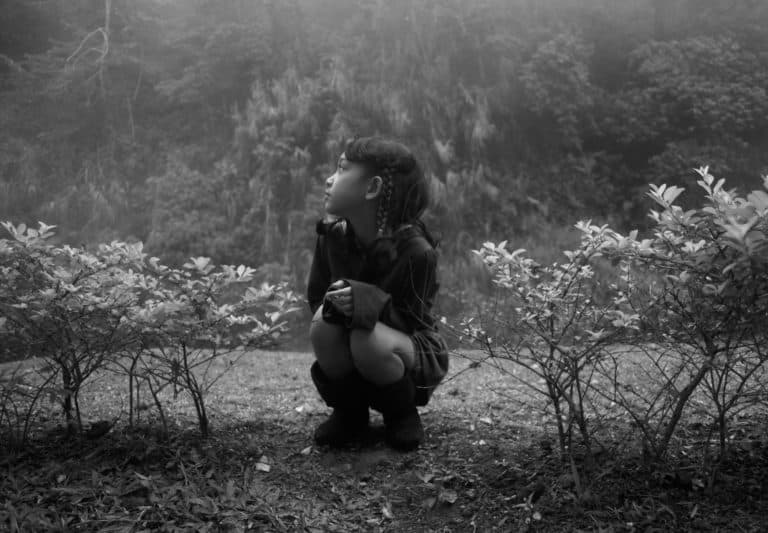
Image by Dan Kitwood/Getty Images, © All Rights Reserved.
What Can Harry Potter Teach Us About Evil in Our World Today?
What can Harry Potter teach us about evil?
I spent each night this week watching the Harry Potter films, with a double-bill finale on Friday evening. By watching and talking about them with the same friends each night, it felt like we were confronting the recent horror stories in the news through the metaphor/reality of the wizarding world.
For a children’s series, the themes of the books are dark, so I kept returning to the question of evil. What is it? Where does it come from?
J. K. Rowling‘s message in the series is that love wins. That love overcomes even death. Harry is protected by his mother’s love, a love so primal that Voldemort’s killing curse is unable to break it.
In the final book, when Harry realizes that a piece of Voldemort lives in him, and that he must die in order to break Voldemort’s power, he willingly walks into the forest to meet his death. This is an act of love — for his friends who are still alive and fighting, and for those who have gone before. (This story is in so many ways a very Christian story, a story of sacrifice and resurrection, and indeed the author meant it thus.)
The development of Harry’s courage and essential goodness is contrasted with what we learn about Voldemort, or Tom Riddle as he was at Hogwarts. Harry is nurtured in loving relationships throughout the books with the Weasleys, Hermione, Sirius, Hagrid, and, of course, Dumbledore. All this despite spending his childhood with a difficult aunt, uncle, and cousin.
In contrast, Voldemort is abandoned at birth and institutionalized in an orphanage. He is so scarred that, by the age of 11 when Dumbledore informs him of his place at Hogwarts, he already finds pleasure in cruelty. His obsession with power only grows in school, and he consistently breaks off any potential relationship in which he might experience love.
Can Voldemort’s racism, violence, and murder be explained by this loveless childhood? Can we explain the killing of innocent people, whether in Paris, Syria, or the streets of Ferguson because of the social and psychological conditions their killers have experienced?
The philosopher Susan Wolf argues “yes.” In her essay “Sanity and the Metaphysics of Responsibility,” she asserts that those with particularly bad upbringings cannot make strong moral judgments because they have been taught the wrong values. She likens this to people suffering from psychosis because psychotics are unable to make accurate judgments about the world. Wolf explores the idea of a Deep Self, which might be translated into the wizarding world as a soul.
The poetic beauty in the Potter series is that in order for Voldemort to overcome death, he must create Horcruxes, by killing others and destroying his own soul. Wolf’s idea of the Deep Self is shaped in childhood to be either sane or not. But it seems to me that Voldemort passes this sanity test, that he is able to understand, evaluate, and revise his actions from a rational standpoint.
Hannah Arendt explores the origin of evil differently. Writing after the Second World War, when thousands of everyday people participated in the most grotesque killing systems, she places evil not in personal characteristics but in systems of power enabled by banal, implicit acceptance. In Origins of Totalitarianism, she asserts that bad actions reach the magnitude of “evil” only when we stop questioning them, when we allow them to become boring. We can see this logic at work when the Ministry of Magic refuses to acknowledge Voldemort’s return, or even more so when the Death Eaters take control of the Ministry and staff continue their jobs as before.
Arendt drew these conclusions from studying the life of Adolf Eichmann, an official responsible for the transportation of Jews to Nazi concentration camps. Rather than being driven by demonic motives, she explains:
“It was sheer thoughtlessness — something by no means identical with stupidity — that predisposed [Eichmann] to become one of the greatest criminals of that period.”
Arendt convinces me of how Voldemort could rise to power, but is it enough to explain his own motivations?
As a boy, Tom Riddle (Voldemort) was sorted into Slytherin House, the house for witches and wizards who would do whatever necessary to be great. A simple reading of the Potter series would identify all Slytherins as inherently evil. But Professor Snape, perhaps the bravest of all of Harry’s allies, is a Slytherin and counters this claim. I, too, have been sorted into Slytherin House.
What Rowling illustrates with the Sorting Hat is where our strengths lie, and with what we may be tempted. What Slytherins must be watchful for is their temptation by power. Born into rejection and isolation, finding his only sense of self in his ability to control others, power gives Voldemort meaning. Voldemort’s evil is that he consistently chooses this power, at any cost. As Dumbledore says to Harry, “It is our choices that show us who we truly are, not our abilities.”
None of us are born inherently evil. But we are born into a world where the battle for good and evil rages. Not just in the headlines, but in our own hearts. What the Potter series teaches us is that we must consistently and together examine our actions, to find where the seeds of evil have taken root — in our racism, our selfishness, or our hunger for power.
bell hooks, the anti-racist feminist scholar, speaks of love as the practice of freedom. Perhaps Dumbledore had read her. In his explanation to Harry on why he survived Voldemort’s attack, Dumbledore says, “If there is one thing Voldemort cannot understand, it is love.”
Love is what saved Harry from Voldemort every time. And so too, I hope, will it save us.

